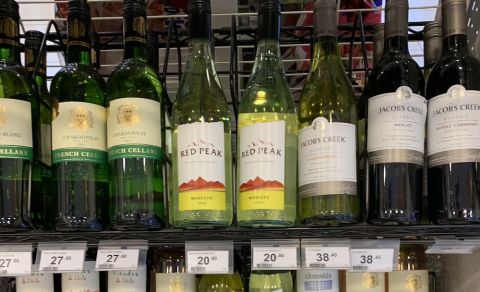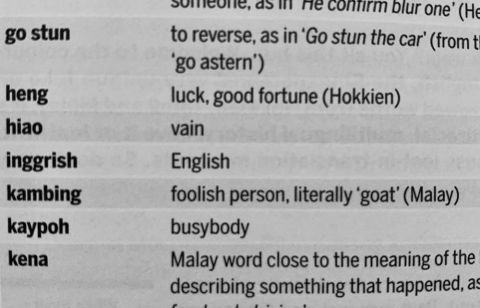My initiation into the wine world of my newly adopted country didn’t take long. The first thing you see after clearing immigration in Singapore’s Changi airport is a wine shop offering duty-free deals.
Here was a welcome party of old friends: Dr Loosen, Mme Cliquot, Signor Antinori and a phalanx of others. Sensing a bargain, I bought a bottle of Blue Slate Riesling at the discounted price of $40. At an equivalent price of almost £24, my old friends are going to be expensive company out here.
Only two weeks on, however, and wine prices of 200 to 300% higher than in London already seem normal. There are 327 wine shops in Singapore, and I feel like I’ve popped into half of them – as well as the convenience stores and supermarkets, which have bottles aplenty for sale on their shelves.
The wine range available in Singapore goes far beyond the top-shelf bordeaux and burgundy which Asian consumers are reputed to covet. In fact, the selection here would be the envy of many a British indie, with all bases covered, from rare old PX sherry to everyday Côtes du Rhône (hurrah!) to large New World brands to minimum-intervention Mallorcan reds to all the usual fine-wine suspects.
Restaurant wine lists are similarly broad, echoing the tongue-boggling diversity of dining options available here. Although wine does seem to be notably absent from Singapore’s famous hawker centres, which tend to sell alcohol only in the form of beer. Even so, Singapore, is a home-from-home for the recently displaced wine lover – albeit at a price.
Culture-shock has been minimal so far. My first impressions are of a fantastic, vibrant city: friendly, navigable, clean, efficient and with plenty of cultural goings-on too. For some, it can be too sterile and controlling – and it’s certainly far more sanitised and commercialised than neighbouring Malaysia or Indonesia, for example – but by the same token, London can hardly be said to be representative of the UK.
To truly immerse myself, however, I must master the language – and perhaps wine might be an ideal vector to help practise my Singlish. This everyday dialect of Singapore is peppered with local words and expressions that are a delight to any language fan, although they are not without pitfalls.
The Singlish word for English, for example, is ‘Ingrrish’, and there’s no way I’m about to go around proclaiming ‘Me Ingrrish, me Ingrrish!’ in a hurry. Besides, my skinny white legs and overlapping teeth betray my nationality before I've uttered a word.
But could Singlish come in handy when writing tasting notes? Let’s see.
This a bit the oak one, lah. More kopi taste than wine. Eeyer, make like Merlion.
Translation: Very oaky. Tastes more like coffee than wine. Yuck, makes me want to vomit. [The Merlion is Singapore's iconic riverside fountain.]
Shiok fruity but still a small boy one. Much tannin lah! See first.
Translation: Excellent fruit, but still very young. Too much tannin. Wait and see.
Acid balan, complexity cheem – solid. Die die must try!
Translation: Balanced acidity, profound complexity – excellent. Try before you die.
Given the amount of time that took me to write, and the slim chance of it passing muster with the editorial department, I suspect Singlish for tasting notes is a step too far. After all, wineglish can be specialised enough by itself.
Relocating half-way round the world is inevitably disruptive, but wine has proved once again to be a constant and reliable companion. It took me an entire hour to post one local letter, but just a few minutes to find comfortingly familiar bottles to choose from. I foolishly sunburned my feet while walking on the beach last week, but found solace in an experimentally fridge-cold bottle of Douro red (counter-intuitive in England, but not where the mercury rarely drops below 25° C/77 °F). In a city of six million strangers, wine immediately introduced me to a network of like-minded individuals via lunches and dinners to which I was kindly invited.
Can any other human creation inspire such hospitality, such communion, such selflessness? After all, regardless of price and prestige, wine is first and foremost about sharing. Winemakers share their interpretation of terroir and wine lovers share their treasured bottles with each other. Without sharing, wine would lose one of its most defining qualities.
I didn't have to move to Asia to realise that, but based on my experience so far I am very glad that I did – and I look forward to bringing you more reports from Singapore and beyond. See first, lah!















